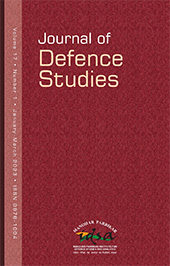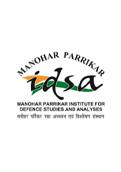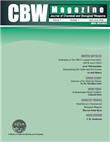Half a Century of the Biological Weapon Convention: Progress, Pitfalls, and Prospects
As the Biological Weapons Convention (BWC) marks its fiftieth anniversary since entering into force in 1975, this chapter offers a comprehensive examination of its evolution, limitations, and future trajectory. The BWC, a landmark treaty banning the development and stockpiling of biological and toxin weapons, has shaped international norms against biological warfare. However, despite its symbolic and normative importance, the convention remains structurally weak, lacking verification mechanisms, robust institutional support, and clear enforcement procedures.
- Manish, Vidhi Rathore |
- January-June 2025 |











